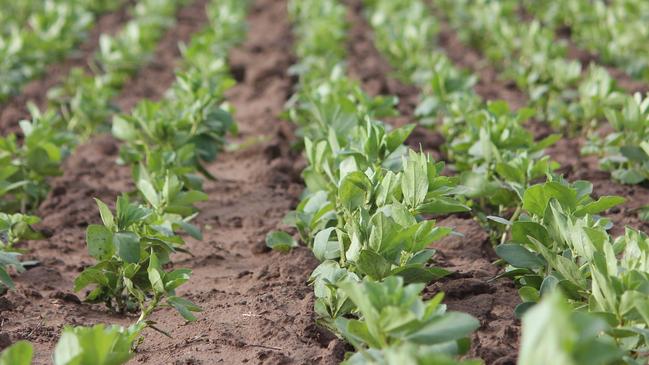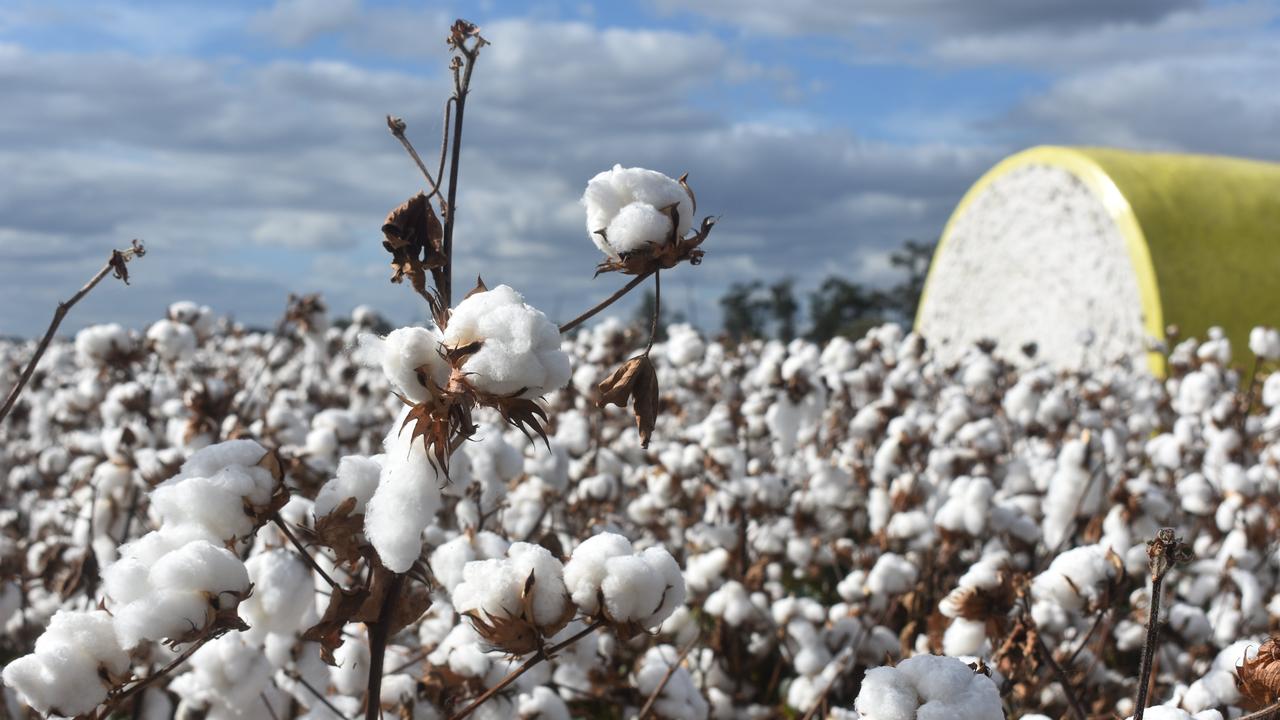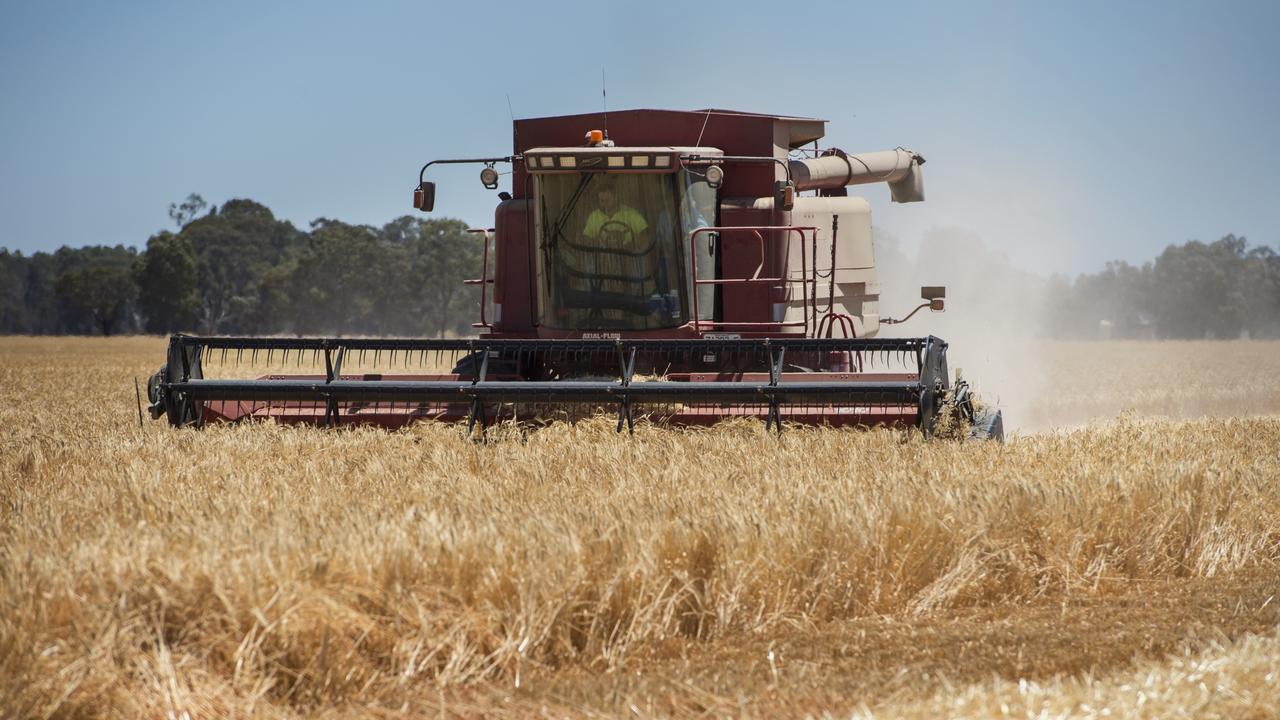Australian Plant Proteins develop pulse factory in Victoria
Increasing consumer demand for sustainable food has prompted the development of Australia’s first pulse processing factory.

DEMAND for pulse plant proteins around the globe is on the rise and a new production facility in Horsham will help Australia lead the way.
Developed by Australian Plant Proteins, Australia’s first pulse protein processing facility will turn faba beans and other pulse crops grown in Victoria’s Wimmera region into highly concentrated protein powders.
The facility’s initial $20 million site near Brim is set to produce 2500 tonnes of protein powder annually, with production to begin next year.
APP managing director Phil McFarlane who spoke at last week’s Australian Pulse Conference in Horsham, said the company took part in the CSIRO’s kick-start program to help achieve a powder protein content of about 80 per cent.
Mr McFarlane said the process involved separating the protein from fibre and starch — with these bi-products then being able to be used in other markets to value-add.
“There is no waste from processing pulses in the value- add space,” he said.
“It is a dream come true from an environmental perspective.”
He said as there were a lot of plant based proteins already centred around soy, hemp and peas, but international food companies were “crying out” for alternatives.
“We have about 28 varieties of pulses in Australia, and Horsham is the gateway to pulses, so it is an exciting time for the pulse industry,” he said.
According to Mr McFarlane, there is also growing importance being put on knowing the provenance of food.
“As the pulses are grown in Australia, packaged in Australia and exported from Australia — it will make the product identifiable,” he said.
“Security in the supply chain is a big tick.”
Changing consumer sentiment around plant-based foods initially attracted APP to develop the facility.
“Consumer demand for sustainable products is growing,” Mr McFarlane said.
“This plant-based diet is not a fad, it won’t go out of trend — it’s here to stay.”
This statement was backed up by the release of the report “Raising The Pulse In Plant Protein” at the conference.
The report showed a “positive outlook” for the industry, indicating the next decade would see growth in plant protein consumption because of consumer demand for healthy, sustainable and affordable food.
“We expect to see export growth in commodity supply to existing Indian subcontinent markets, further growth in Asia, and new processing and fractionation plants on the ground in Australia — some are already under way,” Pulse Australia chief executive Nick Goddard said.


